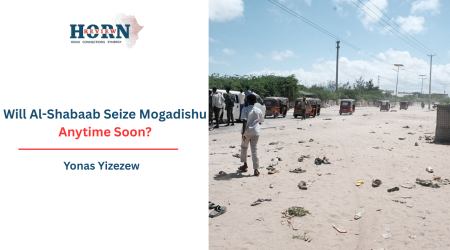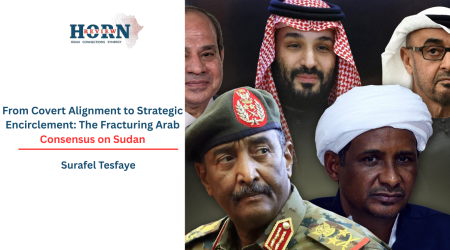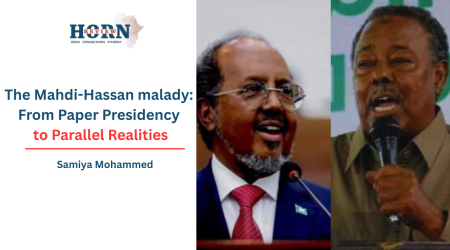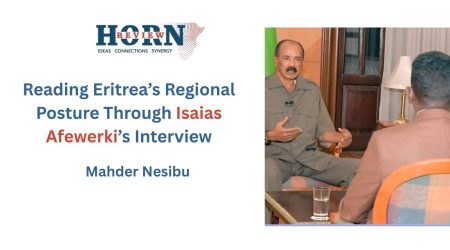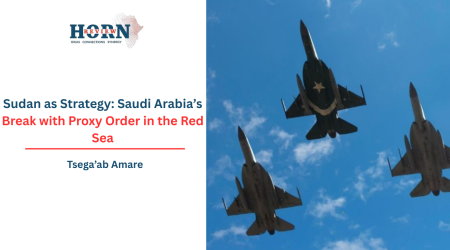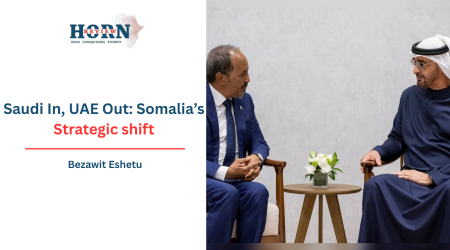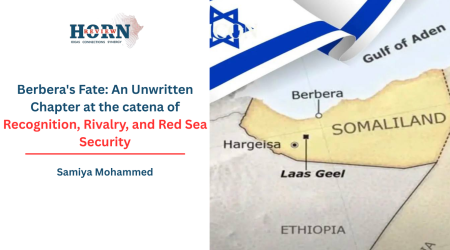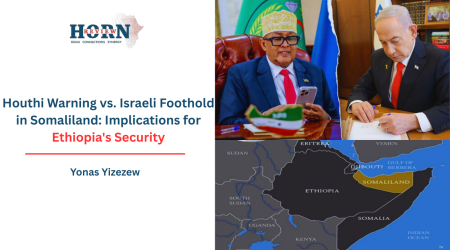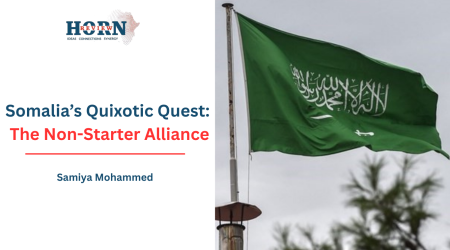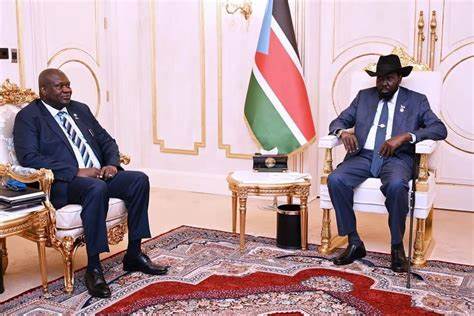
24
Mar
South Sudan at a Crossroads: The Imperative for Direct Dialogue Between President Kiir and First Vice President Machar
South Sudan finds itself at a perilous juncture, with escalating violence threatening to unravel the fragile progress achieved since the signing of the 2018 Revitalized Peace Agreement. The resurgence of hostilities, marked by non-state militia attacks, government-backed airstrikes, and political appointments of sanctioned individuals, underscores the urgent need for decisive leadership and diplomatic engagement.
The gravity of the situation has prompted United Nations envoy Nicolas Haysom to warn that South Sudan is “teetering on the edge of renewed civil war.” Across the country, violence has intensified, displacing thousands and deepening humanitarian suffering. Armed militias, emboldened by political rivalries and weak enforcement of ceasefire agreements, continue to terrorize civilians, while reports of government-backed airstrikes further erode public trust in state institutions. The decision to promote individuals previously sanctioned for their roles in past conflicts only exacerbates concerns over the government’s commitment to reform and accountability.
Amid this growing instability, the U.S. Department of State’s Bureau of African Affairs has called for direct engagement between President Salva Kiir and First Vice President Riek Machar, urging them to take immediate steps to de-escalate tensions. Washington’s position reflects broader international concern over South Sudan’s trajectory, as the country edges closer to renewed conflict. The Bureau, which oversees U.S. policy on the African continent, has stressed the importance of democratic governance, security, and economic stability, highlighting the risks posed by continued violence. This latest call for dialogue is not just a diplomatic formality but a clear warning that South Sudanese leaders must act swiftly to prevent further deterioration.
The worsening security environment has already drawn significant international responses. The United States has ordered the evacuation of non-emergency personnel from its embassy in Juba, citing escalating violence and an unpredictable security landscape. Germany has temporarily closed its embassy, signaling growing alarm over the situation. Meanwhile, regional bodies such as the African Union Commission and the Intergovernmental Authority on Development (IGAD) have called for an immediate cessation of hostilities, reaffirming that peace cannot be achieved through force but through meaningful political engagement.
The burden now falls on South Sudan’s leaders to demonstrate genuine political will. The cycle of violence, fueled by factionalism and short-term political maneuvering, cannot continue without dire consequences. Kiir and Machar must recognize that their nation stands at a defining moment. Their ability to engage in direct, good-faith negotiations will determine whether South Sudan moves toward lasting peace or descends once again into chaos.
With elections looming and international patience wearing thin, the stakes could not be higher. Failure to act decisively will not only undermine years of painstaking peace efforts but also condemn millions of South Sudanese to further suffering. The world is watching, and history will remember the choices made in these pivotal moments. The time for action is now.

